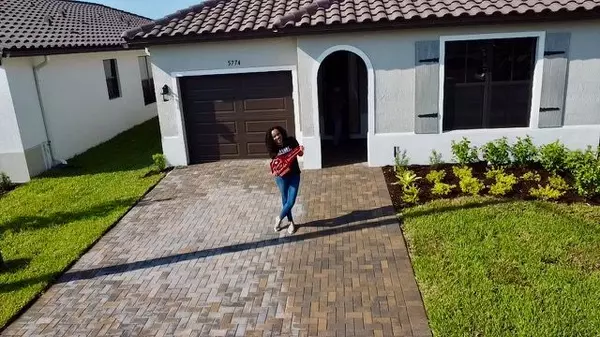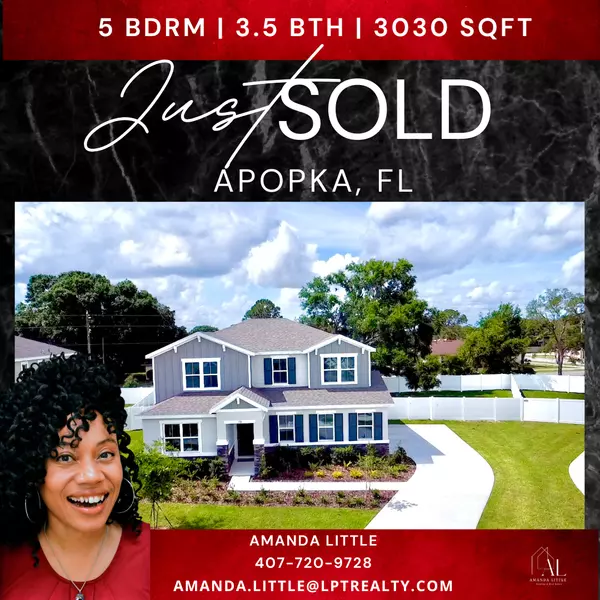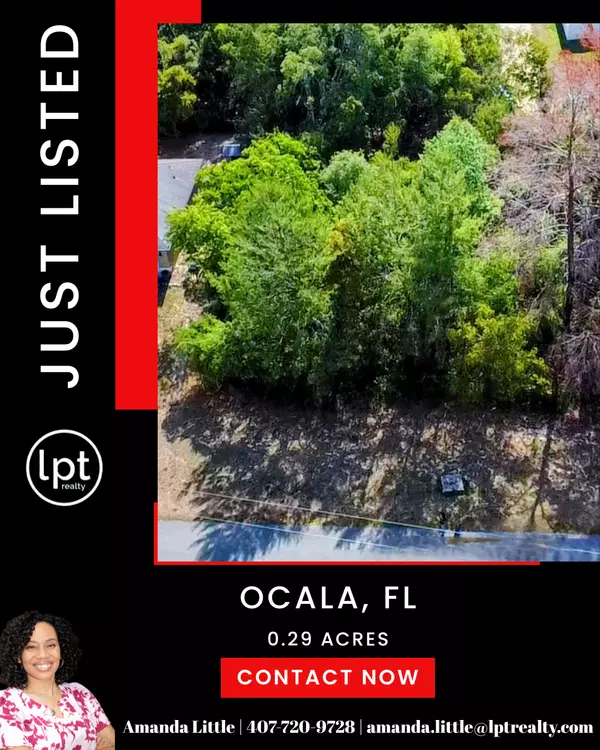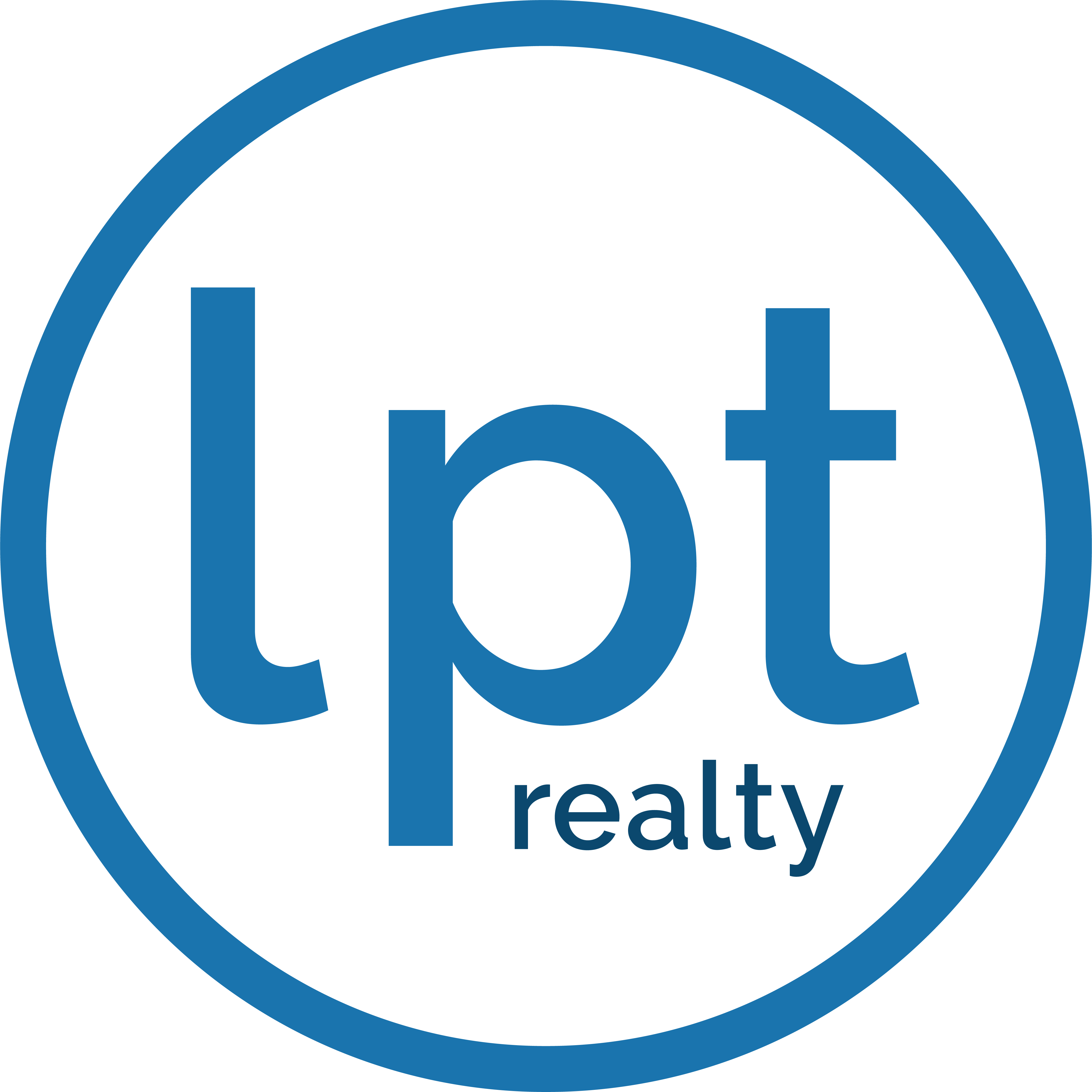Florida Closing Costs Explained: Buyers vs. Sellers

Florida Closing Costs Explained: Buyers vs. Sellers
Buying or selling a home in Florida is a journey filled with excitement—and, let’s be honest, a few head-scratching moments. One of the most common questions I hear is, “Who pays what when it comes to closing costs?” If you’re navigating the Sunshine State’s real estate market, let’s break down these expenses in a way that’s easy to follow, whether you’re buying your dream beach bungalow or selling your suburban escape.
What Are Closing Costs, Anyway?
Think of closing costs as the final pit stop before you get the keys or hand them over. These are the fees and expenses—beyond the property price—that buyers and sellers must settle to complete the real estate transaction. They include everything from title insurance to taxes, and while some costs are negotiable, others are set in stone.
Typical Closing Costs for Florida Buyers
- Loan Origination Fees: If you’re financing, your lender may charge 0.5%–1% of the loan amount.
- Appraisal and Inspection Fees: Expect to pay $500–$1,000 combined to ensure your new home is in tip-top shape.
- Title Insurance (Buyer’s Policy): In most Florida counties, the buyer pays for this protection, which can range from a few hundred to a couple thousand dollars, depending on the price of the home.
- Recording Fees: Usually under $100, these cover the cost of making your ownership official with the county.
- Prepaid Expenses: This includes property taxes, homeowners insurance, and sometimes HOA dues.
Typical Closing Costs for Florida Sellers
- Real Estate Agent Commission: The biggest line item for sellers, often 5%–6% of the sale price, split between the buyer’s and seller’s agents.
- Title Insurance (Seller’s Policy): In some counties (like Miami-Dade and Broward), sellers foot the bill for title insurance.
- Doc Stamps on the Deed: This is a state tax, calculated at $0.70 per $100 of the sale price (or $0.60 in Miami-Dade).
- Outstanding Liens or HOA Fees: If you owe money on the property or to the homeowners association, you’ll need to settle up at closing.
Who Pays What? It Depends on Location!
Here’s where it gets interesting: Florida doesn’t have a statewide rule for who pays certain costs. For example, in most counties, buyers pay for title insurance, but in Miami-Dade, Broward, Sarasota, and Collier, it’s usually the seller. Always check with your real estate agent for the local custom!
Can You Negotiate Closing Costs?
Absolutely! Like haggling at a flea market, buyers and sellers can negotiate who pays what. Sometimes, sellers offer to cover some of the buyer’s closing costs as an incentive—or vice versa. It never hurts to ask.
Tips for a Smooth Closing
- Get an Estimate Early: Ask your lender or agent for a closing cost worksheet so you know what to expect.
- Read the Fine Print: Review your Closing Disclosure (buyers) or Settlement Statement (sellers) carefully before signing.
- Lean on Your Agent: A knowledgeable Florida agent will help you navigate local customs and negotiate on your behalf.
Whether you’re buying or selling, understanding closing costs means fewer surprises and a smoother ride to the finish line. If you have questions about your specific situation, let’s chat—I’m here to help you make sense of it all! Book your consultation today!
Amanda Little
Categories
Recent Posts










"Molly's job is to find and attract mastery-based agents to the office, protect the culture, and make sure everyone is happy! "
